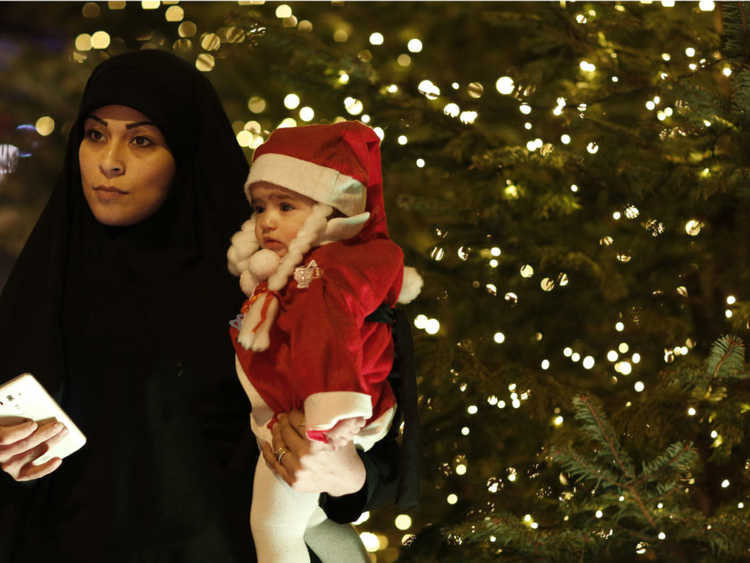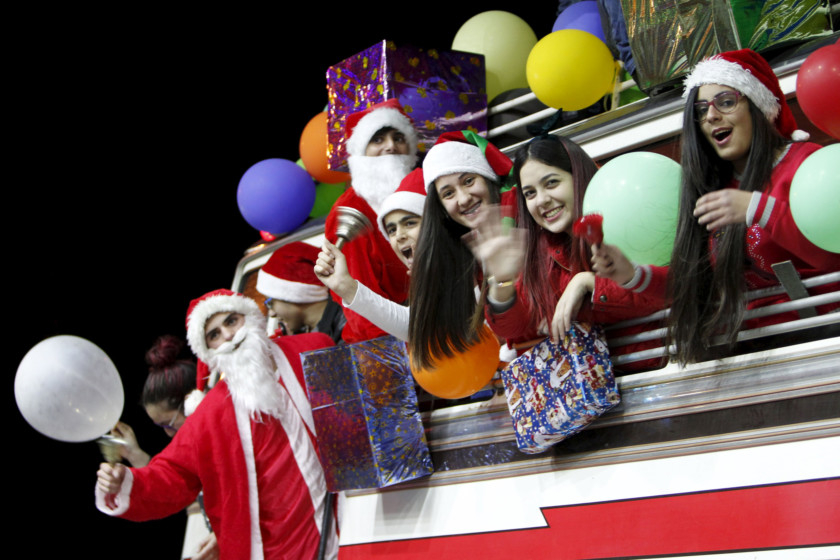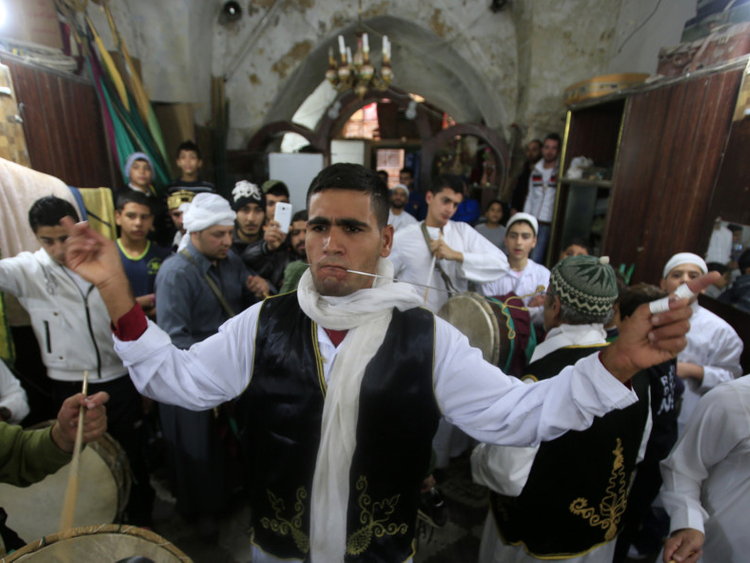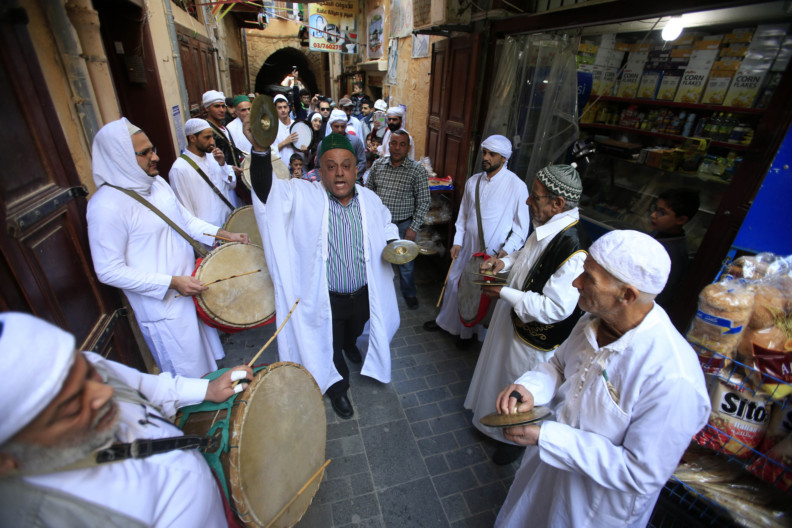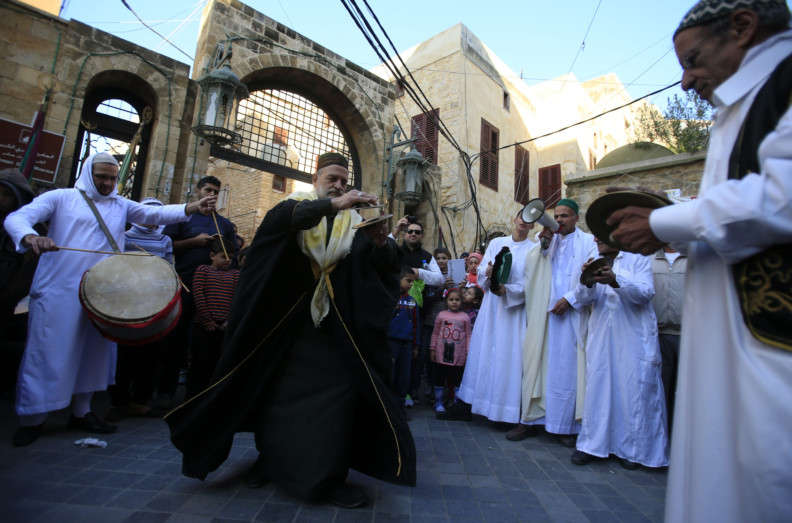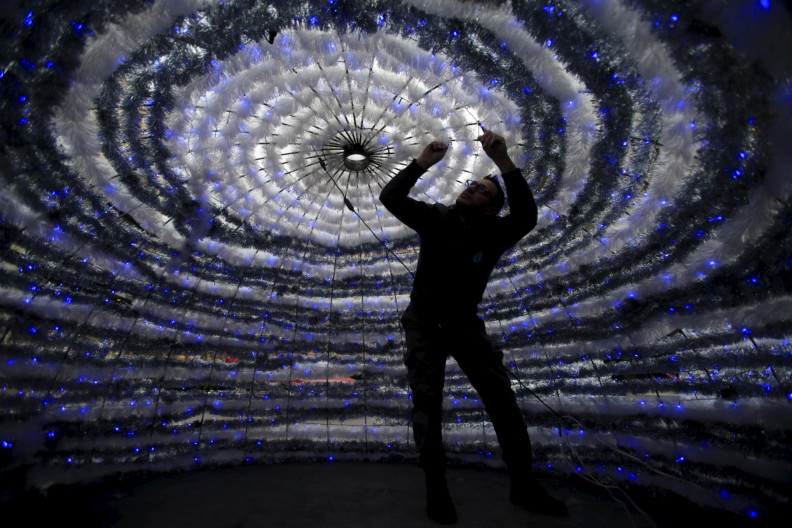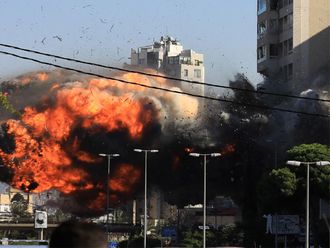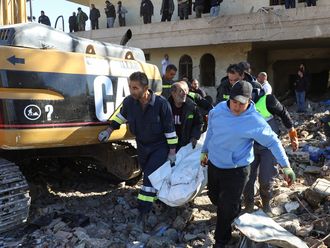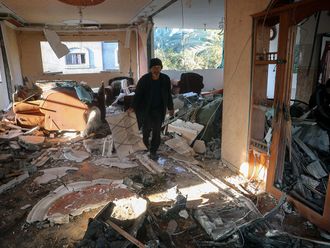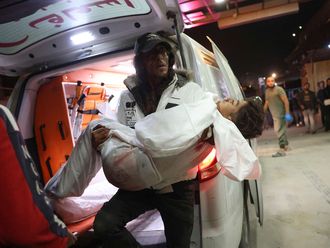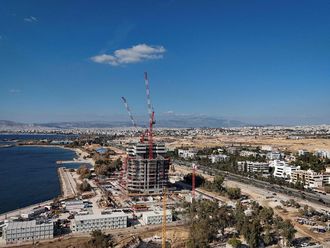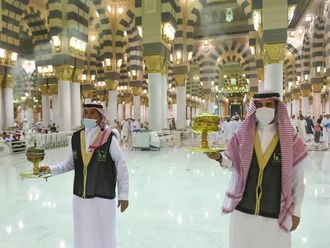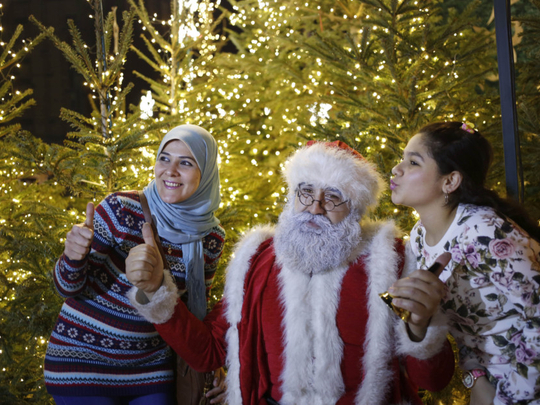
Beirut: Away from their legendary bickering over political agendas, the Lebanese stood alone in the world on December 24 as residents celebrated the birth of the Prophet Mohammad (PBUH) all day long, followed by midnight masses to usher in the birth of Jesus Christ.
As the two commemorations nearly coincided this year, the country was in a rare festive mood, which further redefined the country’s power-sharing identity between Christians and Muslims. Although the country’s checkered history highlighted some of the ugliest aspects of the confessional system in place — one that ostensibly granted leading religious communities inalienable rights but that, in reality, condemned this country to perpetual incongruities — the post 2005 Cedar Revolution awakened astute needs for tolerance in a region immersed in conflict.
On Wednesday and Thursday, officials led by Prime Minister Tammam Salam, visited the country’s highest ranking spiritual leaders — the Sunni Mufti of the Republic Shaikh Abdul Latif Daryan, the deputy head of the Higher Shiite Islamic Council, Shaikh Abdul Amir Qabalan, the Druze spiritual leader Shaikh Al Aql Naim Hassan and the Maronite Patriarch Cardinal Mar Bishara Al Rai — to congratulate them on the two holidays. More significant, nevertheless, were the popular revelries held throughout the country, from Naqoura in the South to Tripoli in the North, and from the capital to the Beqaa Valley.
Thousands marched through processions, singing and handing out sweets to bystanders, in largely impromptu festivities for families and children. In the capital’s largely Muslim neighbourhoods, Christmas decorations added colour and took on exceptional features too, with banners celebrating the birth of the two prophets hanging together on fully lit trees. Even in Baalbek, the famed northern Beqaa city known for its Roman ruins, and which today is a Hezbollah stronghold, many of the city’s roads were lit up in anticipation of Christmas. Millions gathered for traditional dinners and most churches across the country held midnight masses and hundreds of thousands flocked to pray.
It was a rare day as Muslims and Christians placed their political identities in abeyance, preferring to celebrate rather than argue, fulfilling the essence of what both religions promulgate.


